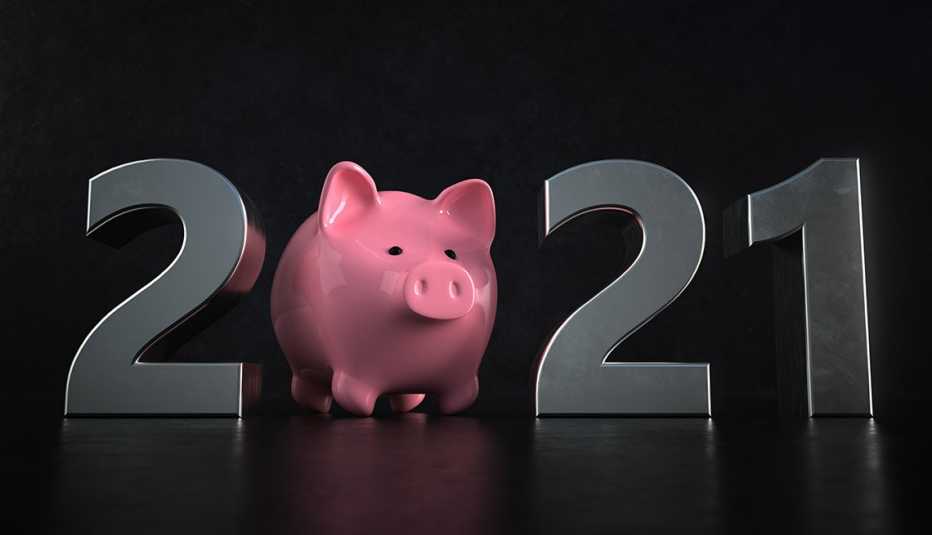Staying Fit
Lori McNitt has never felt the urge to take part in New Year's resolutions. This year, however, the 52-year-old from Westminster, Colorado, decided to try Dry January, a wellness challenge in which participants abstain from alcoholic beverages for the first month of the year.
"Now that I'm not drinking, it's been kind of eye-opening to see how many other things I am doing in my daily life that's just habit, that's not necessarily good for me,” McNitt says.


AARP Membership— $12 for your first year when you sign up for Automatic Renewal
Get instant access to members-only products and hundreds of discounts, a free second membership, and a subscription to AARP the Magazine.
McNitt is among many adults who set self-improvement goals for the first month of the new year. Other common January challenges include cutting out sugar, exercising daily, and avoiding the purchase of anything nonessential during “no-spend January.”
McNitt said she was motivated to take part in Dry January due to the encouragement of colleagues at work. “I'm recognizing that there is a huge population of people that do Dry January, so it's really not been very hard,” McNitt says.
Jim Owen, a healthy aging expert, says that setting goals in January can help older adults get on track with healthy living for the rest of the year. “My advice is to set very specific goals, and I think you should do it in the long term and short term,” says Owen, who recommends writing down specific objectives for January, and logging information about progress on those goals.
Find motivation to follow through on goals
Dean Karnazes, 58, of Kentfield, California, decided to change his eating routine to help work toward his fitness goals. Karnazes, who is an ultramarathoner, decided to fast for 14 hours each day in January after reading studies that found it can lead to increased energy and better sleep. Karnazes is currently curbing his eating starting after dinner until breakfast in mid-morning of the next day.




































































